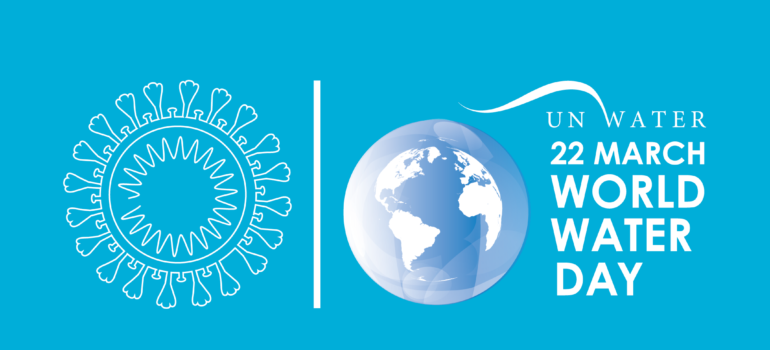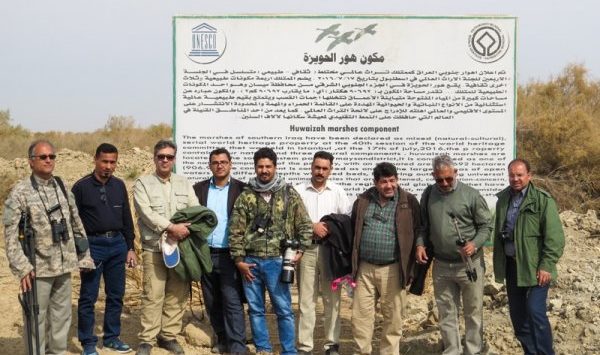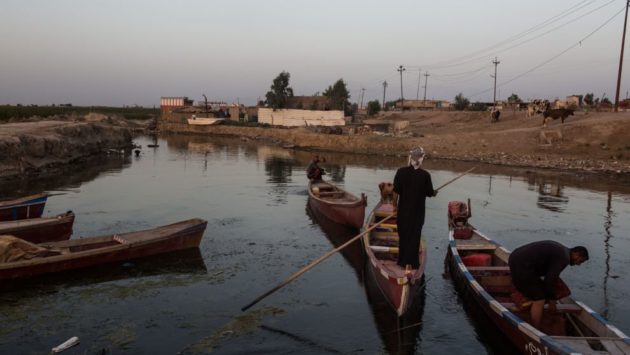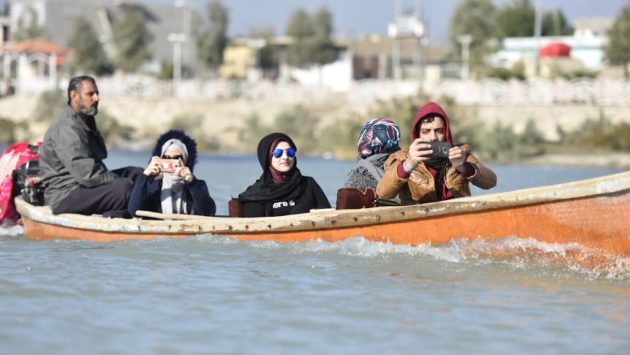Message from Humat Dijlah and Save the Tigris on the Occasion of World Water Day
Today the world celebrates World Water Day, representing a global opportunity to review water resource management policies and our consumption of the most important natural resource associated with our existence and our livelihood. Today the world is reminded of the many threats to which our water sources, rivers, lakes, ponds, marshes and oceans are exposed, including pollution, wasteful consumption, mismanagement and human alternations of our waterways. World Water Day is an occasion to unify our voices to protect our water resources and advocate for water and food security.
On this occasion, the Humat Dijlah Association in Iraq, in partnership with the Save the Tigris Campaign, the Iraqi Civil Society Solidarity Initiative and the Iraqi Social Forum, launches activities in 11 Iraqi cities (Baghdad, Basra, Mosul, Sulaymaniyah, Anbar, Tikrit, Nasiriyah, Maysan, Diwaniyah, Kut, Babylon), complementing other locations across the world. World Water Day activities in Iraq include solidarity actions and awareness-raising activities against pollution and wasteful consumption of water resources.
Humat Dijlah presents four main messages for World Water Day this year:
1st message: Water knows no boundaries, no dams
The peoples of Mesopotamia have shared common water resources since millennia. The Tigris-Euphrates Rivers have contributed to the flourishing of civilizations along the river banks, resulting in a common heritage of the peoples of Mesopotamia, fostered by the shared rivers of the region. Terms such as ‘upstream states’, ‘downstream countries’ were introduced only recently, in the age of dam construction which introduced new paradigms to the region as it went from abundance of water to drought and water scarcity. The construction of large dams and lack of access to water supplies has impacted millions of people who depend on the Tigris-Euphrates Rivers for water and food security. Dam constructions is therefore one of the biggest challenges which must be addressed. Turkey’s GAP project which includes Ilisu and Cizre Dams, the Topical Water Project in Iran, in addition to a whole range of other dam projects are increasingly destabilizing the region’s security, and the welfare of its people. Governments are called upon to change their approach and respect the right of water of all peoples of Mesopotamia.
2nd message: Polluting rivers … further degradation
Sewage, waste from factories and oil installations, medical waste, saline drainage water of agricultural lands saturated with chemicals, waste of public spaces including restaurants, casinos and tourist resorts discharges directly into the river in Iraq. It is impossible to quantify the forms of river pollution, as well as their impact, due to its wide range of sources. This reality must be confronted. Pollution indirectly is a large cause of mortality among the populations living along the river banks.
3rd message: With rationalization, abundance increases
Desepite the change in the conditions of the riverine ecosystem, and the change in volume of the waterways, the levels of water consumption continue to increase exponentially. Wasteful consumption of water remains common, while the traditional irrigation methods remain in use for agriculture. Our lifestyles have not adapted yet to the reality of water scarcity. World Water Day is a moment to contemplate the fact that the current water reality is different from the past. Water abundance, which used to allow the consumption of water carelessly has turned into scarcity. As a consequence we need to reconsider our methods of consumption according to principles of rationalization.
4th message: Joint regional water management
The need has become greater than ever for Iraq to review its water resources management policies. The distribution of water quotas between different Iraqi cities, governorates and regions must take into account the needs of each geographical area, in terms of domestic, agricultural and industrial consumption. Forms. Agricultural production needs to be further assessed, including water consumption for the production of crops. Excessive consumption of water quantity leaves Southern governorates at further risk of (seasonal) water scarcity. A common national vision must be achieved that ensures water rights for all Iraqis according to their need. We request governments, politicians and officials to work towards water security for the peoples of Iraq and the region, together with the UN missions and international organizations. A short-term solution such as water tanks is not a sustainable solution unless it is matched by stronger, durable efforts. Any effort should include a constructive dialogue on water rights for all.




